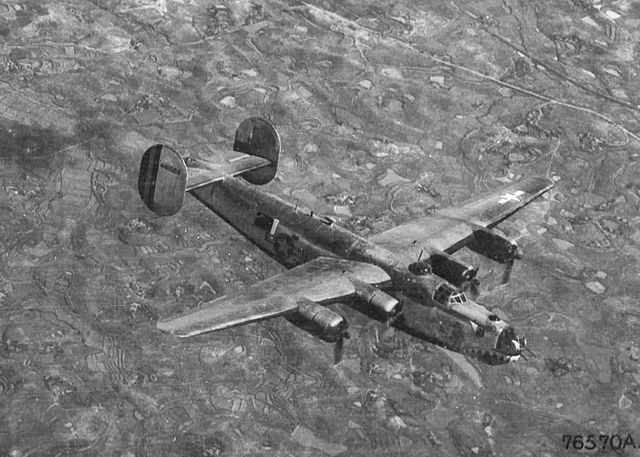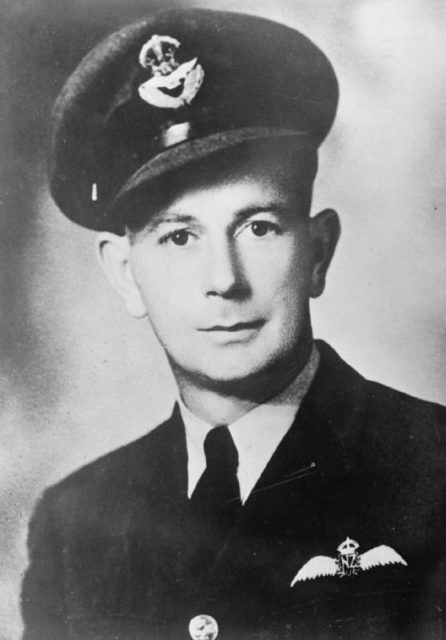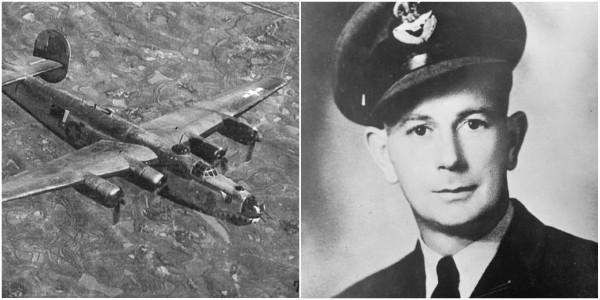WWII provided innumerable accounts of anti-Nazi forces’ bravery and heroism. As far as the British and Commonwealth are concerned, the Victoria Cross was awarded to those who went above and beyond the call of duty. Flying Officer Lloyd Trigg’s VC stands out as the only that was awared based on the testimony of those he fought against.
Lloyd Allan Trigg was born in New Zealand on 5 May 1914. In June 1941, he joined the Royal New Zealand Air Force and soon obtained his pilot wings. In October 1942, he moved to the UK and two months later was posted to operations in West Africa. In January the following year, he joined the 200 Squadron of the British Royal Air Force, flying the Lockheed Hudson planes.
His role in almost 50 patrols, convoy escort flights, and anti-submarine patrols, earned him the Distinguished Flying Cross medal. As the war was coming up with better solutions for killing the enemy, his squadron switched to the newer maritime model of the B-24 Liberator.

On 11 August 1943, he was flying over the Atlantic, navigating his Liberator for the first time ever. Being an experienced pilot meant that he and his crew needed no prior training. After eight hours of patrolling, Trigg spotted a surfacing German U-boat and immediately prepared to attack. The attack consisted of flying over the submarine and dropping a ‘depth-charge’ at or near the submarine.
As he approached the U-boat, the Nazis opened fire from their anti-aircraft guns. They hit the Liberator, its tail bursting into flames. Trigg had two options: either retreat and attempt a forced landing in the sea or continue with the engagement and risk his and the lives of his crew. With seconds to decide, he flew the burning plane over the submarine at less than 15 meters, and while the anti-aircraft fire was penetrating the plane through the opened bomb doors, dropped the depth-charges..
His shattered plane proceeded to dive into the sea, while the submarine sank some 20 minutes later. A small part of its crew managed to get hold of a rubber dinghy that had broken loose from the Liberator and survive. The following day, these only remaining witnesses to the incident were rescued by a Royal Navy vessel.
U-boat’s commander, Oberleutnant Klemens Schamong, was among the survivors and the one responsible for recommending Trigg to be decorated for his bravery. On 2 November 1943, Flying Officer Lloyd Trigg was posthumously awarded the Victoria Cross. In 2007, clearly impressed Schamong told an interviewer that ‘such a gallant fighter as Trigg would have been decorated in Germany with the highest medal or order’.

Flying Officer Lloyd Trigg’s name is chiseled on the Malta Memorial among 2,298 Commonwealth aircrew whose lives were lost during WWII around the Mediterranean Sea with bodies never to be found.
